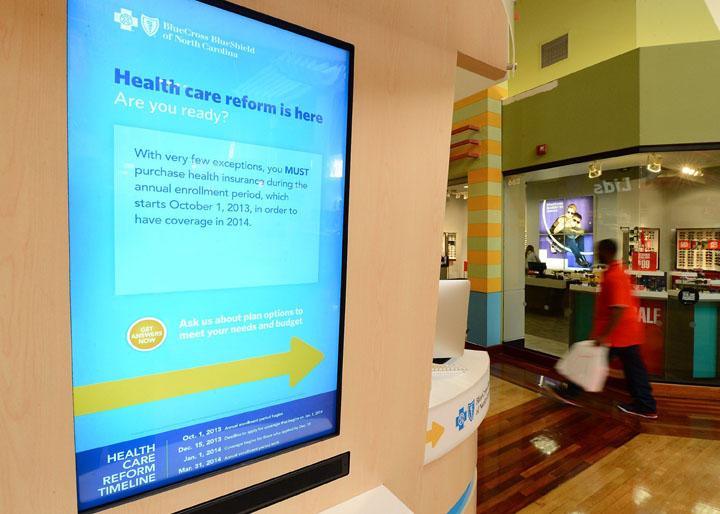Obamacare: Let’s Talk Benefits
Obamacare is good for America. I love starting conversations with that sentence because it seems like people run screaming from different parts of the school to disagree with me, or shake my hand on my “informed opinion”. The fact of the matter is that my view on Obamacare is constantly changing, as I learn something new with each debate. In fact, since deciding to write about Obamacare five days ago, I have had to scrap three drafts of this article, because I simply wasn’t able to convey my message. Writing opinion articles is hard, guys. I expect a nice pat on the back from all of you.
Now, a few key points about the bill:
- Individual Mandate: basically everyone who is currently uninsured must buy health insurance or pay a penalty to the federal government.
- Guaranteed Issue/Partial Community Rating: Insurers cannot deny insurance due to pre-existing conditions and must charge people with the same age and location the same amount without regard to pre-existing conditions (except tobacco use).
- Extending Subsidies: The government helps people between 400% and 100% of the poverty line, meaning that they will subsidize (pay for a portion) of their healthcare.
- Employer Mandate: Businesses who employ 50 or more employees but do not offer health insurance to their full-time employees face a tax penalty if the government subsidized this employee’s healthcare.
With these key points regarding the bill in mind, however, I would like to focus my attention on what the Individual Mandate – the main source fueling the Obamacare debate. Many argue paying for 40 million uninsured Americans to have an insurance plan will drive costs sky high. However, although this argument seems valid, it should be acknowledged that we already pay for uninsured Americans. Based on the Emergency Medical Treatment and Active Labor Act, hospitals have to take anyone who needs emergency care, even if they are uninsured. This results in the 15.4% uninsured Americans not paying for the care they receive – which, in turn, leads to hospitals raising their prices to account for solely that. Moreover, it engenders the country to have exorbitant healthcare that costs as much as two and a half times that of many other developed countries. While all these citizens are insured, however, they will pay for the care that they receive. Additionally, people with healthcare are much more likely to go in for checkups, and receive preventative care rather than going to the emergency room for bigger injuries and illnesses that could have been stopped in their tracks had they been treated earlier. Although it can be assumed that the price of healthcare will go up, it is clear that it won’t be a significant jump in cost, with so many factors against its increase.
Personally, I feel as though many opponents of Obamacare are not fully aware of both sides of the story. Interestingly enough, just the name Obamacare has negative associations for many Americans. A segment on Jimmy Kimmel Live proved just this. The video mainly was a recording, in which Americans were asked whether they preferred the Affordable Care Act or Obamacare. The majority that was shown on the segment was against Obamacare, but for the Affordable Care Act. As we know, they are the same thing. Despite this fact, Obamacare has oddly grown to have negative connotations. In my opinion, it only makes sense to work towards eliminating them because, as demonstrated, Obamacare is beneficial.



